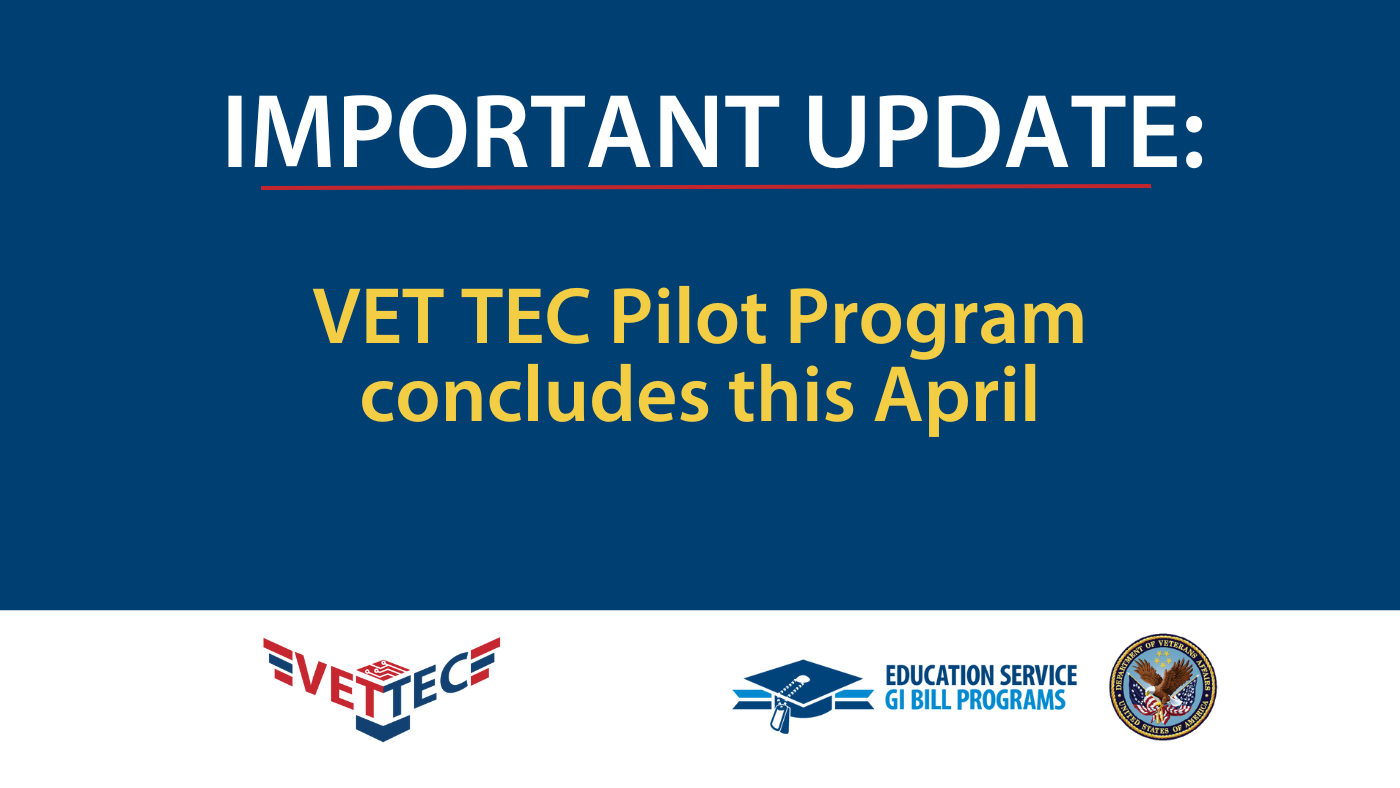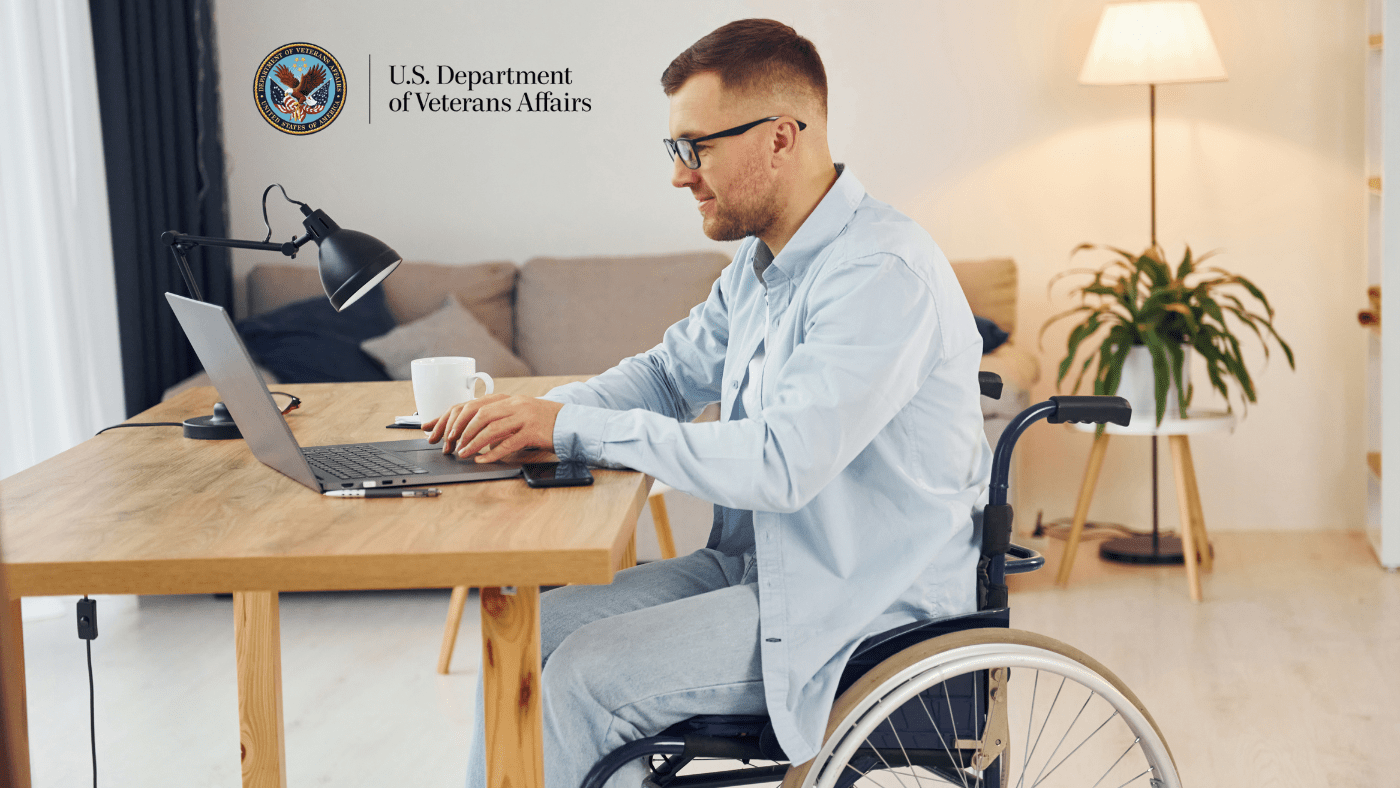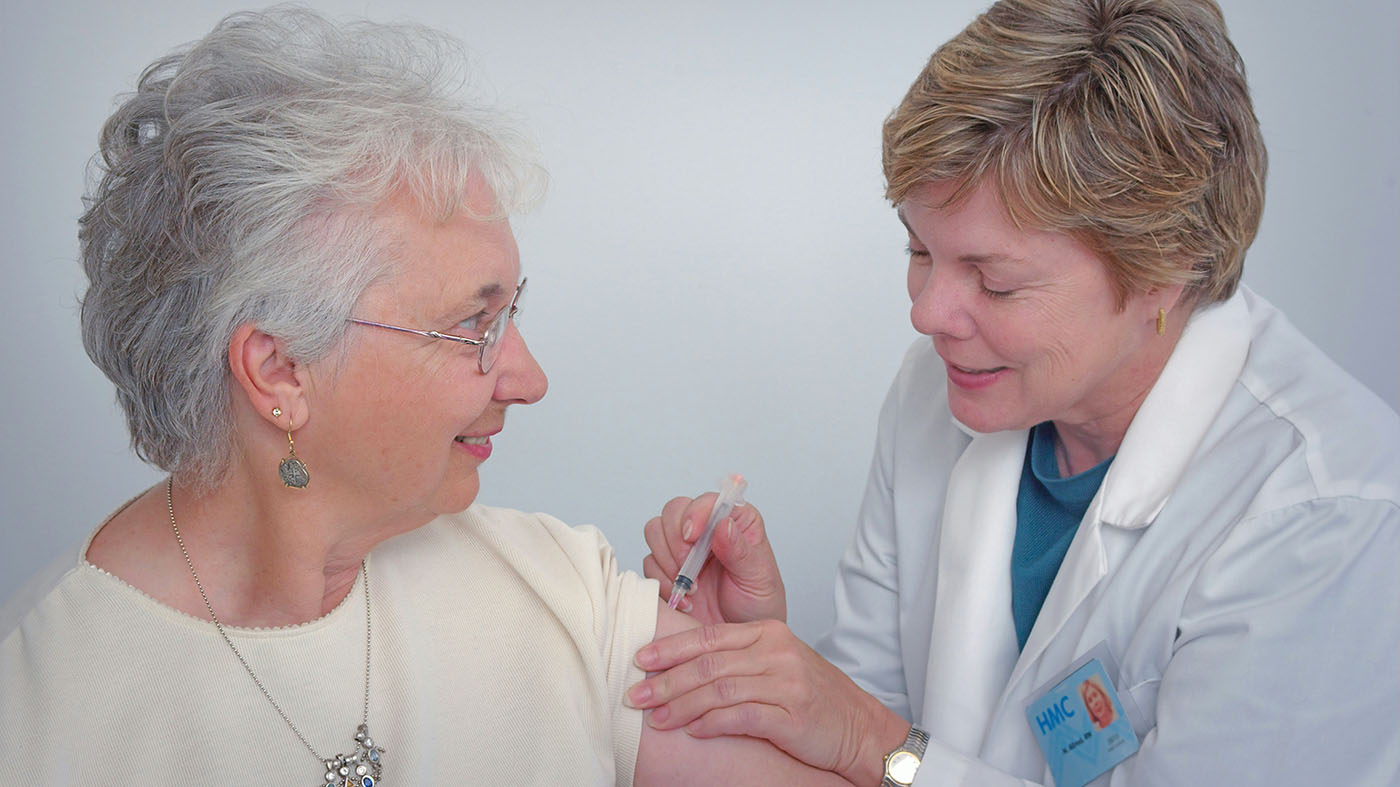Veterans are naturally drawn to communities. We’re closer than brothers and sisters in the military, and we’re more than a family in combat. But once we leave a cohesive unit, a community is voluntary. Organizations like Team Rubicon and Team Red, White and Blue have coalesced Veterans into groups in order to strengthen them individually and on the whole.
Yet even with support networks in place, some Vets in crisis unfortunately take their lives. In war, many lives are saved in the golden hour—the small window of time someone can survive serious wounds if they get immediate medical help. But there isn’t anything like that for Veterans who receive mental health wounds from combat.
The tragic suicides of Team Rubicon members Clay Hunt in 2011 and Neil Landsberg earlier this month remind us that we must keep a golden hour with each other, a pact to help look after each other and get help to those who need it fast.
Here are a few things you can do as a member of the Veterans community to recognize both yourself or your buddies in crisis, and what to do about it to receive help immediately.
Know what suicidal behavior looks like
The awful thing about a mental health crisis is there’s not always some grand gesture or clear sign that someone is thinking about harming themselves. Folks often hide their issues for a number of reasons, and signs of struggle are not as apparent. Additionally, there are a number of suicide risk factors, like a family history of suicide, relationship and financial problems, among others. That being said, signs can subtly creep up. If you notice a string of hopelessness, rage, a boost in alcohol or drug use, withdrawing from family, and other factors, do not hesitate to get yourself, your buddy, or your loved one immediate assistance.
The Veterans Crisis Line offers immediate support
The Veterans Crisis Line is staffed 24/7/365 by professional responders to immediately connect Veterans and family members with mental health resources. The number is 1-800-273-8255 (press 1 for Veterans or their families or friends). Folks can also text 838255, or chat online. Save the number into your phone, write it down and stick it on the fridge, post the link on Facebook—do everything you can to get it out there. It should be a reflexive action to whip the number out if you catch even an inkling of a Veteran in crisis. More than 28,000 rescues have been made since 2007, so it works.
Get the help at a Vet Center
Vet Centers are a unique support system for combat Veterans and their families. More than 300 non-descript offices around the country are staffed by mental health and family professionals like psychologists and social workers to deal with challenges associated with combat Veterans, like post traumatic stress disorder. They also offer services for families of war Vets. All this is done in an environment that is as welcoming and non-clinical as possible. Vet Centers often have extended and weekend hours to accommodate busy schedules. Also, Vet Centers are often staffed by fellow war Vets—to extend the feeling of community even more. Check out Vet Center services and find one in your community, and make sure to save your local one in Google Maps.
**
The burden of war on the mind eases over time for most, but it never fades, and sometimes it can be difficult to shoulder it—even with the help of a community. While it’s a promising sign that we’re continuing to hire more mental health clinicians, we have a long way to go on two fronts: spreading awareness of VA mental health care services, and breaking down the stigma of seeking the care in the first place. So let’s normalize outreach in our community. Make it an SOP in your local or national group to go over suicide signs and mental health resources. Call your buddies and check to see how they’re doing. Just remember one thing: the golden hour may have arrived for someone you know, and there are no second chances to get it back.
Topics in this story
More Stories
Over the five-year program, more than 14,000 VET TEC beneficiaries completed their program and nearly half have reported finding meaningful employment with an average starting annual salary of $65,000.
VA is calling for applicants for the 2024 Specially Adapted Housing Assistive Technology grant.
Updated COVID vaccines are available free of charge to Veterans receiving care at VA .








Iwas an Army Nurse in Vietnam who is 100% disabled due to PTSD. 10 years ago the VA saved my life when I was suicidal. I learned the signs and when I was in trouble and needed to reach out. However, the type of care you get depends on the facility. In Seattle and American Lake VA hospitals I received outstanding care. However, the Durham, VA is another matter. One two occassions in the last 2 years I was in trouble and sought help in the ER. Both times were a disaster. The last visit I was told a mediction I know works for me would not be prescribed out of the ER. I had weaned off drugs due to dizzy spells which caused falls and broken bones among only a few of the side effects. Overmedicated was the issue. So not drug seeking, but requesting out of the tons of drugs they tried and failed and numerous combinations thereof, a drug I knew by itself could help my anxiety, rage, high blood pressure from the anxiety and escalating PTSD symptoms. ER however had an iron clad rule – no for that med. Even the Supervising Psyciatrist gave me the same song and dance until I asked him how many Vets have you killed because you failed not only to listen, BUT HEAR, and devise an individual treatment plan to assist that VET. Not one size fits all. We eventually came to a reasonable compromise and avoided an escalating crisis. He even had the guts to commend me on demanding what I needed. NO VET SHOULD HAVE TO BEG, PLEAD AND BLEED, just to get the care they need.
Saratoga WarHorse was helpful to me and has been helpful to the 50 vets who have been through this peer to peer equine based program. It involves connecting with a retired Thoroughbred horse, sort of in a “horse whispering” style and has proven very effective as a mode of suicide prevention. Anyone struggling with issues of PTSD and suicidal ideation should check out the website. There is no cost to vets!
The biggest pain we suffer in our household, after 6 operations in 3 years, is waiting for the VA to complete cases long over due. I am 82 and despite repeated successes at the BVA – we sit and wait for months on end to find the answer to our problems, the VA. I have been successful in all appeals, and have to wait to until the VA untwists the wrongs committed by the rating clerk three years ago. You folks are living up to the long held motto for the VA – deny, delay, hope you die. Shame
I wish that more vets knew of programs where they can work with and be around horses. It has been healing for me and my PTSD is no where near what I know it can be like for our returning vets.
God Bless you and help you find the guiding hand that reaches out for you.
Ann-I loved your post. I too love horses-used to raise, train and show my own. Remember the old saying, “The outside of a horse is good for the inside of a man (or woman!) I really miss my horses! Yours is a great idea-every vet with anxiety or PTSD should be assigned a horse to love! They always love you back, especially when the mood is black, mine used to gather around me. I used to sing lullabies, they would come and put their chins on my shoulder and doze off!
Thanks you Ann for bringing back such fond memories!
please reply to my email Pat Humbert (pboozer440@comcast.net Thanx
My late husband Jim Humbert died in 2004 I married a vietnam military retired man in 2011 He refuses to get help-Help himself…. and says theres nothing that helps,Hes living in what I call jungle survival mode, He thinks everything is ok, It is not for me what the governments and military does to these people is a war crime not the war itself when will people learn that war never will bring peace, its done it to my recent husband and to my now dead son! its unforgivable. the governments are responsible whereever theres a government in this damn screwy world…its pure hellfor everybody.
My son died on August 2012 They said from a suicide, From what I observed there is too many suicides from these wars the most recent ones. I think something is fishy,my son did not have powder burns on his hands I think there full of shit! they done something to these kids! I think it was like self destruction was planted inside there minds so they wouldnt devulge information for one thing. a friends son died they said from the same thing, or someone else helped thereself to assisted suicide and that is murder, His inlaws will not talk. I blame them partialy for not understanding his condition. I want to hear from others please. write me at my email thanks..
While a meaningful approach is needed to help those few, the way the VA and the National Media go about it is counter productive. They leave the general public, and by general public I mean 98% of Americans are inclined to believe all veterans have mental issues even if some of them never left the USA. Yes there is some adjustment after returning from a combat assignment, but that does not mean they are all crazy and will shoot up a town or even take their own life but that thanks to the help of the DVA and National Media is just what the general population thinks of our American Veterans. This leads to the public feeling no need to fund adequate healthcare, facilities for those veterans are crazy and dangerous to all of us the sooner they are gone the better. However, it’s been my experience with the general public that those people are the first to cry where is our Military to defend us when sh-t happens. Oh, don’t let me forget those who do care and help the American Veteran, Thank You and Your Welcome very much and don’t be afraid to call on us again.
One of the greatest issues here with our veterans seeking the help they need is that they are men of the outdoors…they are hunters…….deer, elk, boar, whatever…….and in order to hunt they need their hunting rifles. With the attempt to remove their Second Amendment rights and the need to report their psychological issues, they would lose their right to own guns. Most veterans with PTSD and TBI are not candidates for suicide. Their therapy is their hunting. But I know for a fact that many who know they should seek help will not do it for this reason. They do not want to lose their right to have their hunting rifles or any other gun that is their right to own.
Susan, thank you for pointing this out. I am a female vet who used to hunt frequently but now have difficulty going to the grocery store! LOL! I know I have PTSD (I know how to research, thanks to lack of action on the part of lazy primary docs) But if I file for disability, some buerocrat will have my name on file. I keep my weapons because the police are so overworked and there are lots of crazies out there who don’t care about the gun laws. Besides, I am used to fending for myself. Always have and don’t intend to stop anytime soon. You have successfully put your finger on a very sensitive issue for many vets. Thanks you!
You have to also consider that the signs may be deeply buried and repressed regarding the desire to end ones life. There are thousands of Vets out there that have that desire, sometimes daily, but they hide it by activity, creative processes, or even just being productive at some type of project.
The VA does not press for information or indicators to Vets, frankly, it is near impossible because seeing a primary care doc at 3 or 4 month intervals for 10-15 minutes just cannot allow the physician to probe, gently, for underlying pathologies.
The VA health care system, in and of itself, is mostly broken… still. Great strides have been made to afford Vets reasonable appointment times, emergency services, and pharmacy delivery processes. New facilities, massive new hires and staffing increases, and support mechanisms have been made or built and they are mostly wonderful. But there are still shortfalls in the system itself, principally the appointment duration benchmarks and unqualified triage decision for emergency room intake; I have personally watched two people die in the ER waiting room, one on Dallas, and one in New Jersey, and it was clear they had true emergency complaints and descriptions of complaints.
For those of us that have hidden our psychological deficits, there really is no true process or path to get the help we may need. I have stood at the mental health clinic doors in Ft Worth and Dallas and I just cannot walk in… it is a matter of I do not want to recall the intimate details of what happened 20 years ago that still haunts me to this day.
Cudos to the VA, but there is still so much more to be done.